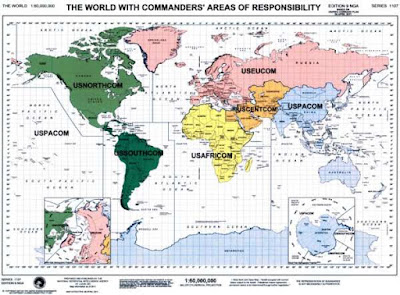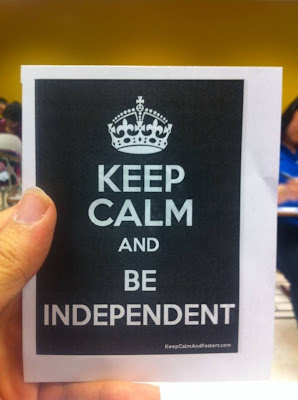Decolonization in the Caribbean #8: Kuatro na Biahi

The UN C24 Regional Seminar in St. Vincent and the Grenadines was my fourth occasion to testify as an expert in this setting. My first invitation was in Ecuador in 2013. This was followed by twice in Nicaragua in 2015 and 2016. After going through my old testimonies in preparation for this year's seminar I did not cringe, as I normally would when reviewing old work or writings. I noticed in my first instance of testifying that I was very general and almost theoretical. I was using elements of the dissertation in Ethnic Studies that I had just finished a few years earlier. In the years since I have shifted to providing more updates to the C24 and more facts about what is happening and the impediments that Chamorros and Guam face. As a bit of nostalgia, I'll post here my testimony from the regional seminar in Quito, Ecuador. ************************ Statement to the Regional Seminar on the Implementation of the Third Decade for the Eradication of Colonialism Quito

